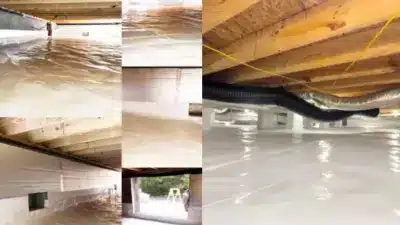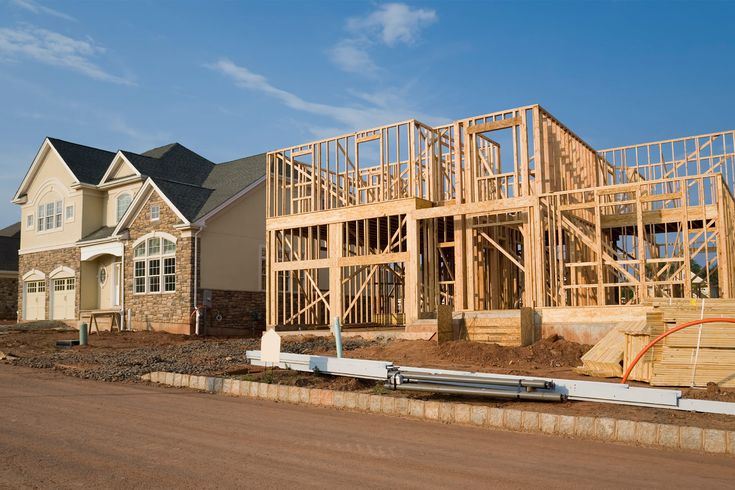
A friend of mine just finished fixing a Tribeca loft where the previous general contractor NYC team ripped out load-bearing walls without permits, then disappeared when the building department showed up. The owner paid $95,000 upfront and got structural damage that cost another $140,000 to repair properly. The contractor’s phone number now goes to a pizza place in Queens.
This happens constantly in New York construction. Property owners see a low bid and think they found a deal, then watch their project turn into a money pit when reality hits. I’ve been cleaning up these messes for thirty years, and the pattern never changes. Cheap contractors underbid because they don’t know what they’re doing, then either vanish or keep demanding more money when their ignorance becomes obvious.
The Permit Nightmare Most Contractors Create
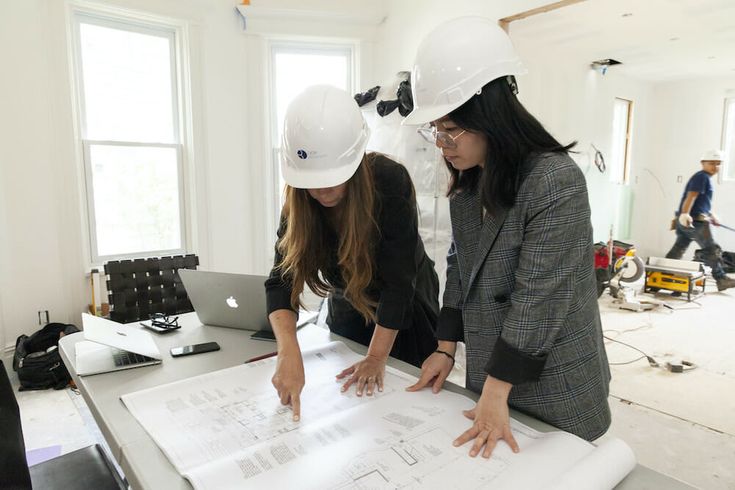
NYC permits separate real contractors from guys with pickup trucks who think they understand construction. The Department of Buildings rejects about 60% of permit applications on first submission because contractors don’t know current codes or how to fill out paperwork correctly. Each rejection adds 6-8 weeks to your project timeline.
Last month, I took over a kitchen renovation in the Upper West Side where the previous contractor had been trying to get permits approved for four months. The drawings were wrong, the structural engineer wasn’t licensed in New York, and they’d listed the wrong building classification. The owner was living without a kitchen because someone saved $500 by hiring an amateur.
What Happens When You Pick Wrong

Bad general contractor NYC choices create disasters that cost triple the original budget. They use unlicensed electricians who wire outlets backwards. They install plumbing that floods the apartment below. They tear into walls and discover asbestos, then leave you to deal with the $30,000 remediation bill they should have anticipated.
D&R Construction gets called to fix these nightmares regularly. We’ve seen kitchens where the previous contractor installed cabinets over radiator pipes, bathrooms where the tile work slopes toward the center of the room, and closets built so crooked that doors won’t close. These aren’t accidents – they’re what happens when inexperienced contractors attempt work they don’t understand.
Union Rules and Inspection Games

NYC construction involves union protocols that suburban contractors don’t understand. Try bringing non-union workers to a union building and watch your project get shut down permanently. Use the wrong electrical contractor in certain neighborhoods and the inspection process suddenly becomes much more difficult.
Inspectors remember contractors who consistently submit quality work versus those who waste their time with obvious violations. Good relationships with building inspectors prevent minor issues from becoming project-stopping problems. New contractors don’t have these relationships and often find themselves dealing with inspectors who’ve been burned by previous amateurs.
The Real Cost of Construction Mistakes
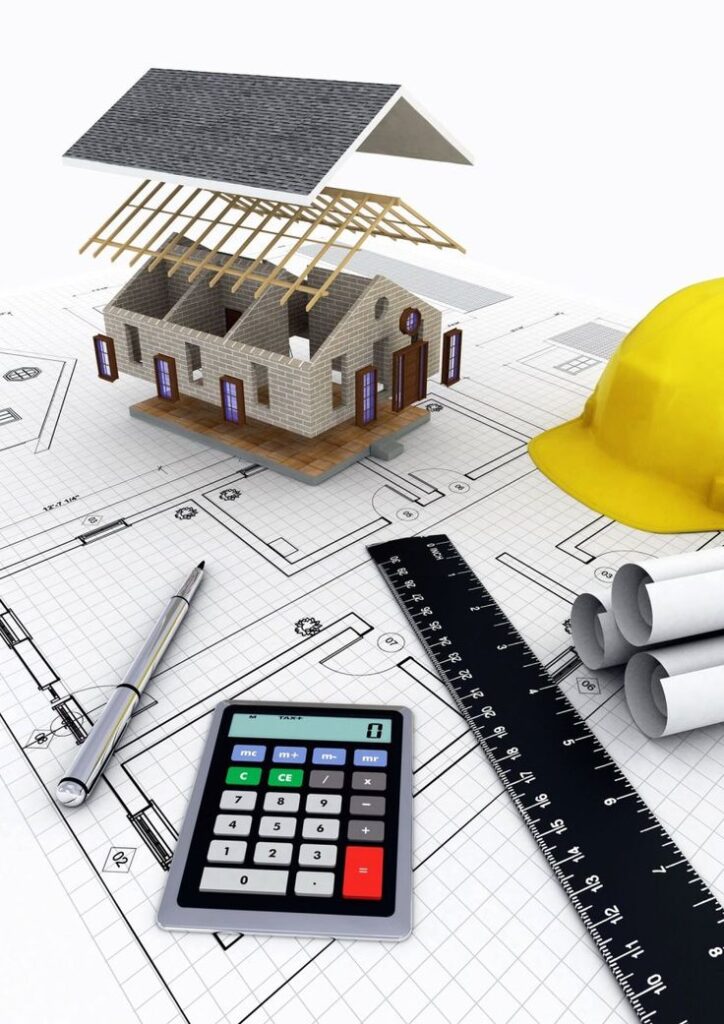
Material waste from contractor mistakes adds 20-30% to project costs. Drywall installed incorrectly needs complete replacement. Flooring cut wrong becomes expensive firewood. Electrical work that fails inspection requires tearing out finished walls to fix wiring that should have been done right initially.
Timeline delays cost money beyond just extended project duration. Temporary housing, storage fees, and extended equipment rentals add thousands weekly when projects drag on because contractors don’t know what they’re doing. Professional scheduling prevents these delays by anticipating problems and coordinating trades properly.
Why Experience Actually Matters in NYC
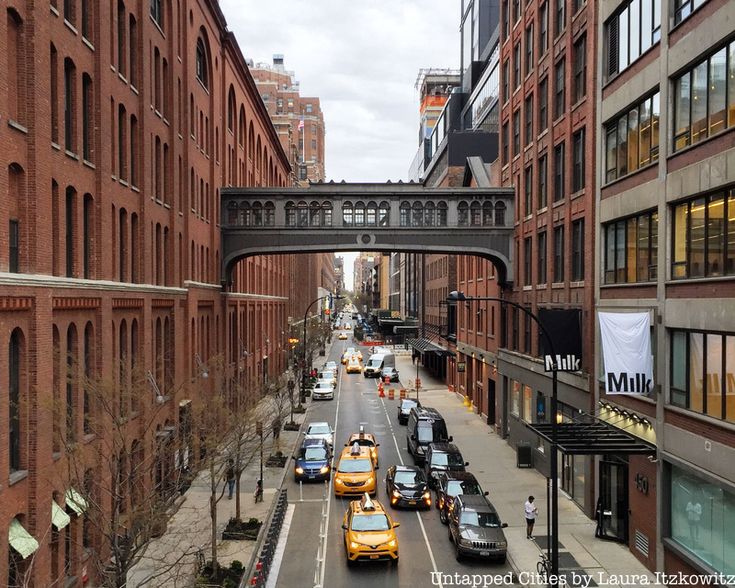
Every building in Manhattan has unique challenges. Prewar buildings have structural quirks that require specific approaches. Modern high-rises have building management rules that can shut down projects if violated. Co-op boards have approval processes that naive contractors typically mishandle completely.
Building code knowledge comes from years of dealing with inspectors who enforce rules differently in different neighborhoods. What passes inspection in Brooklyn might get rejected in Manhattan for reasons that aren’t written anywhere. This institutional knowledge can’t be learned from textbooks or YouTube videos.
Communication That Prevents Disasters

Professional contractors explain problems before they become crises. When we discover outdated electrical systems that need upgrading, clients learn about it during planning, not after walls are opened. When permit requirements change mid-project, we handle modifications without derailing timelines or budgets.
Amateur contractors hide problems until they can’t anymore, then demand change orders that double project costs. They disappear for days without explanation, then return with excuses about material delays or inspection problems they should have anticipated weeks earlier.
How to Actually Evaluate Contractors

References from recent NYC projects matter more than fancy websites or low bids. Ask to see completed work and talk to owners about timeline accuracy and budget adherence. Check license numbers with the Department of Buildings and verify insurance coverage that actually covers NYC construction risks.
D&R Construction built their reputation over thirty years by completing projects on time and within budget while navigating NYC’s complex construction environment. When building owners need reliable results rather than cheap promises, experience and local knowledge matter more than impressive sales presentations from contractors who’ve never pulled a permit in Manhattan.
- 0shares
- Facebook0
- Pinterest0
- Twitter0
- Reddit0



